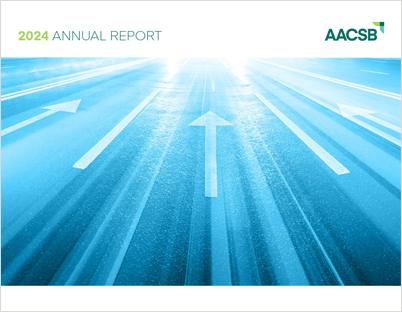Business in Conflict Areas Research (BICAR)
Innovation Statement:
BICAR is an innovative research hub supporting entrepreneurship in conflict zones, focusing on poverty reduction and peacebuilding through the development of indigenous businesses in war-torn regions, while bridging the gap between academia and the humanitarian sector.
Call to Action:
Facilitating entrepreneurial startups, growth, and innovation is a non-political indigenous mechanism that reduces poverty and fosters peace in conflict zones. Local entrepreneurs offer the only means of employment for large swaths of the population in poverty-conflict settings. They deliver goods and services that are often limited during conflict, while fostering social cohesion through normal business operations. For refugees and internally displaced persons, the ability to start and grow a business in a newly settled community can help both reduce the financial shock of displacement and help the newly displaced integrate within their new host community.
Seeing this opportunity, the humanitarian sector has moved to support business-based development programs in conflict settings. However, due to a lack of adequate business knowledge, agencies are finding it difficult to select the right entrepreneurs to support. Often, instead of selecting entrepreneurs who engage in growth, foster employment, make social contributions, and facilitate peace, humanitarian programs are inadvertently funding subsistence-based entrepreneurs, whose only focus is to generate a basic income for their family, and who subsequently do not contribute to poverty reduction or peacebuilding in the community. This is resulting in notable failure rates of business-based humanitarian programs, with growth-orientated businesses frequently missing out on the support they need.
The Business in Conflict Areas (BICAR) initiative viewed this scenario as an opportunity to create an innovative approach to bridging the gap with the humanitarian sector, offering expertise on entrepreneurship to help improve the selection and support programs currently being implemented in conflict zones.
Innovation Description:
The BICAR innovation leverages business knowledge on entrepreneurship to improve humanitarian programs being deployed in conflict settings, resulting in better livelihood, employment, and peacebuilding outcomes for refugees, internally displaced persons, (IDPs) and vulnerable host community members.
To achieve these outcomes, BICAR has been working with the United Nations Industrial Development Organization (UNIDO) and the International Organization for Migration (IOM) to collect and analyze data concerning business-based livelihood programs across the Levant region, namely in Iraq and Lebanon. The objective of the partnerships has been to understand which type of entrepreneurs and business models reduce poverty and foster peace. This is done by triangulating traditional business knowledge on entrepreneurship with real-time data, and adjusting it to the vulnerability needs of those living in conflict zones.
In June 2017, data collection started with both agencies, closing in October 2019. This included surveying over 700 refugees, IDPs, and host community businesses across nine different business-based livelihood programs in Iraq and Lebanon. Facilitated through the agencies’ local staff and local research assistants, varying qualitative and quantitative surveys were deployed in Mount Lebanon, North Lebanon, Tikrit (Iraq), Kirkuk (Iraq), and Baghdad (Iraq), with surveys also taken from the Basra and Mosul regions of Iraq.
Individual surveys assessed various factors associated with entrepreneurship in conflict zones, including refugee businesses, women’s entrepreneurship, intellectual capital and resilience, business innovations, family business, and transformative business models. The project is now in the process of report development and delivery for the U.N. agencies.
Innovation Impact:
The BICAR innovation has generated several early-stage outputs, creating an impact both in academia and practice. Papers have been presented and published at the following conferences: Babson College, British Academy of Management, and the International Council for Small Businesses (ICSB), with the paper titled “Entrepreneurship, Poverty Reduction, and Peace: Exploring transformative entrepreneurship in conflict zones” winning the Best Paper Award at the ICSB conference.
BICAR also published in the Journal of Intellectual Capital and British Journal of Middle Eastern Studies. In addition, BICAR has generated five reports for UNIDO, which has been used to assess, utilize, and improve business-based livelihood programs in both Lebanon and Iraq.
The next phase includes reporting, and developing selection tools for IOM, which over the past 10 years in Iraq has supported over 33,000 businesses. Specifically, this work will help IOM identify potential growth entrepreneurs, while also being used to tailor existing programs to better support the needs of local businesses. Even small improvements in the programs of IOM will result in drastic employment and innovation improvements in regions like Iraq; BICAR aims to export such lessons to others in the humanitarian sector in later phases of the project.
With the aim of filling the theoretical void in conflict zone entrepreneurship, the project has also generated 14 working papers with collaborators in the U.K., U.S., Hong Kong, Denmark, Lebanon, and Iraq, with target journals including the Journal of Business Ethics, the Journal of Business Venturing, Business and Society, and Entrepreneurship and Regional Development.





